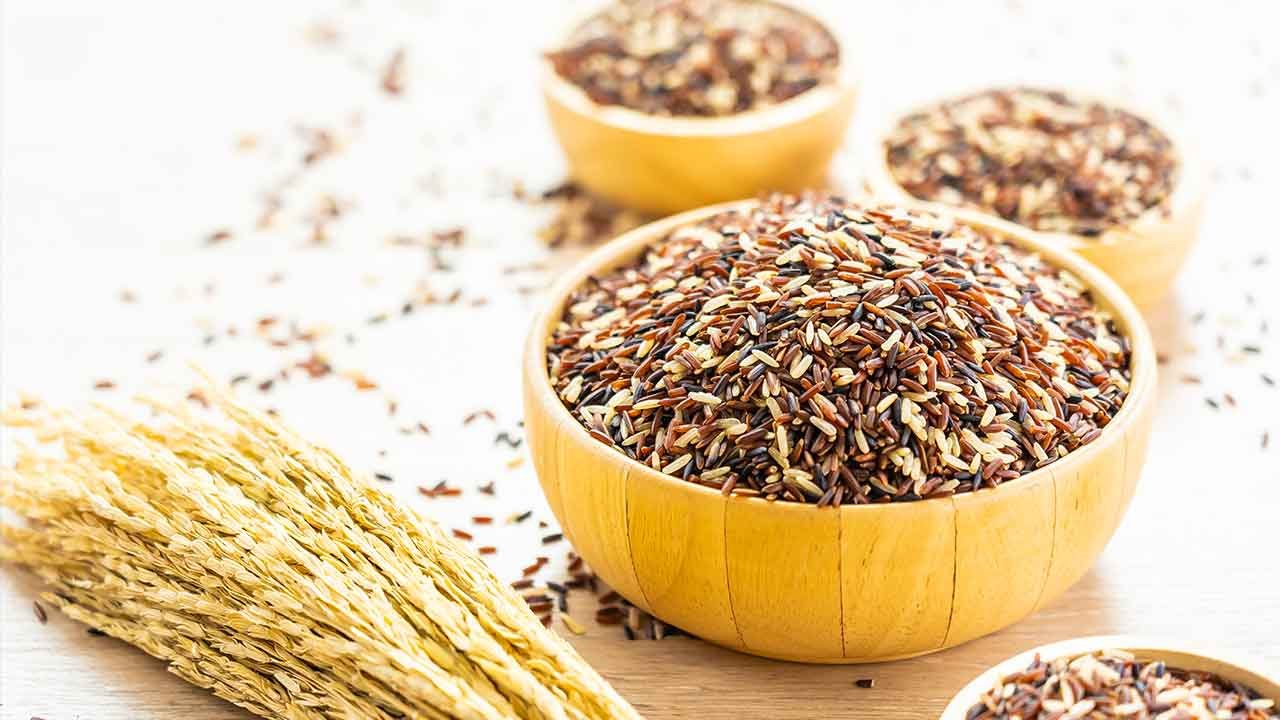The importance of dietary fiber is remarkable.
Dietary fiber has some beneficial effects, so it is an integral part of any balanced and health-promoting diet.
Before we discuss the functions of dietary fiber and why fiber is important, we must review what exactly fiber is.
What is Fiber Foods: a quick fix
In nutrition, it takes dietary fiber, or fiber, all that set of organic substances belonging to carbohydrates (with rare exceptions). The human digestive system, with its digestive enzymes, cannot digest and absorb.
Fiber Foods, therefore, are the aggregate of all those substances indigestible to the digestive enzymes of the human digestive system.
Fiber Foods are mainly found in foods of vegetable origin, such as fruits, vegetables, whole grains, and legumes.
Whether it is soluble in an aqueous solution, the dietary fiber is distinguished respectively: soluble fiber foods (or soluble fiber) and insoluble fiber foods (or insoluble fiber).
To find out more:
50 High-Fiber Foods per 100g
Soluble Fiber Foods
When inside the intestinal lumen, the soluble Fiber Foods becomes, by its solubility, a viscous, gelatinous substance, with chelating properties against macronutrients such as carbohydrates
and lipids.
Viscous, soluble fiber slows down intestinal transit, causing a sense of fullness.
The main sources of soluble fiber are legumes, oats, barley, fresh fruit, broccoli, and psyllium seeds.
Insoluble Fiber Foods
When found in the intestine, insoluble dietary fiber absorbs water, which increases the volume of feces and makes the feces softer.
Thanks to the consequences described above, dietary fiber speeds up intestinal transit, interfering with the absorption of nutrients and reducing the residence time in the intestine of substances toxic to the intestinal mucosa.
The primary sources of insoluble fiber are whole grains, green-leaf vegetables, sugars, flax seeds, and nuts.
The influence of insoluble fiber on the absorption of nutrients is unfavorable since it affects the daily needs of these nutrients.
Fiber Foods Functions
Properties and Benefits of Fiber Foods
Today, with increasing insistence, health experts such as dieticians, nutritionists, doctors, and personal trainers stress the leading role played by dietary fiber in a healthy diet.
In fact, dietary fiber:
- Regulates intestinal function, opposing ailments such as constipation, hemorrhoids, and diverticulitis;
- It interferes with the absorption of lipids (fatty acids and cholesterol) and carbohydrates (i.e., sugars), being a precious ally in the fight against obesity and diseases caused by the lack of control of blood sugar, cholesterol, and/or triglyceridemia, such as diabetes mellitus, coronary heart disease, atherosclerosis, high cholesterol, and hypertriglyceridemia;
- Speeding up intestinal transit reduces the amount of time that substances toxic to the intestinal mucosa may remain in the intestine, which has a protective effect against colon cancer and rectal cancer;
- Promotes the maintenance of an intestinal pH that depresses the growth of that harmful intestinal flora, whose activity is a source of metabolites known to be associated with the development of colon and rectum tumors; in parallel with this, it stimulates the growth of that beneficial intestinal flora (prebiotic effect), with protective effects against the mucous membrane of the intestine;
- By provoking a feeling of fullness, it increases satiety, contributing to better control of body weight and the fight against overweight and obesity.
IMPORTANT: according to the nutrition experts, to take advantage of the beneficial effects of dietary fiber, the recommended daily intake of dietary fiber should be 30g/day.
The importance of Soluble Fiber Foods: the benefits
Soluble fiber is the type of dietary fiber that plays a key role in the fight against obesity and diseases caused by the lack of control of blood sugar, cholesterol, and triglyceridemia.
Therefore, from the soluble fiber, protective action depends on the excess weight and diseases such as diabetes mellitus, coronary artery disease, atherosclerosis, hypercholesterolemia, and hypertriglyceridemia.
The soluble fiber is also responsible for improving the intestinal pH that depresses harmful bacteria residing in the gut. Whose activity is associated with colon and rectum cancer while enhancing the development of beneficial bacteria through a prebiotic effect?
The importance of soluble dietary fiber emerges in the face of the prevention and treatment of overweight/obesity.
And diseases such as diabetes mellitus, high cholesterol, hypertriglyceridemia, coronary heart diseases, and atherosclerosis.
The Importance Of Insoluble Fiber Foods: the benefits
Insoluble fiber is the type of dietary fiber that plays a key role in opposing the symptoms of slow intestinal transit, i.e., constipation, hemorrhoids, and diverticulitis. And cancer caused by the excessive consumption of toxic substances in the intestine (i.e., colon and rectum cancer).
The importance of insoluble dietary fiber emerges in the face of prevention of constipation, hemorrhoids, diverticulitis, and cancer of the colon and rectum.
What happens in the event of an excessive amount of Fiber Foods?
Exaggeration of dietary fiber can be dangerous. Too much dietary fiber, in fact, contributes to an excess of phytic acid. This substance hinders the absorption of certain minerals, including calcium, selenium, iron, and zinc.
To find out more:
Food Fiber Excess
